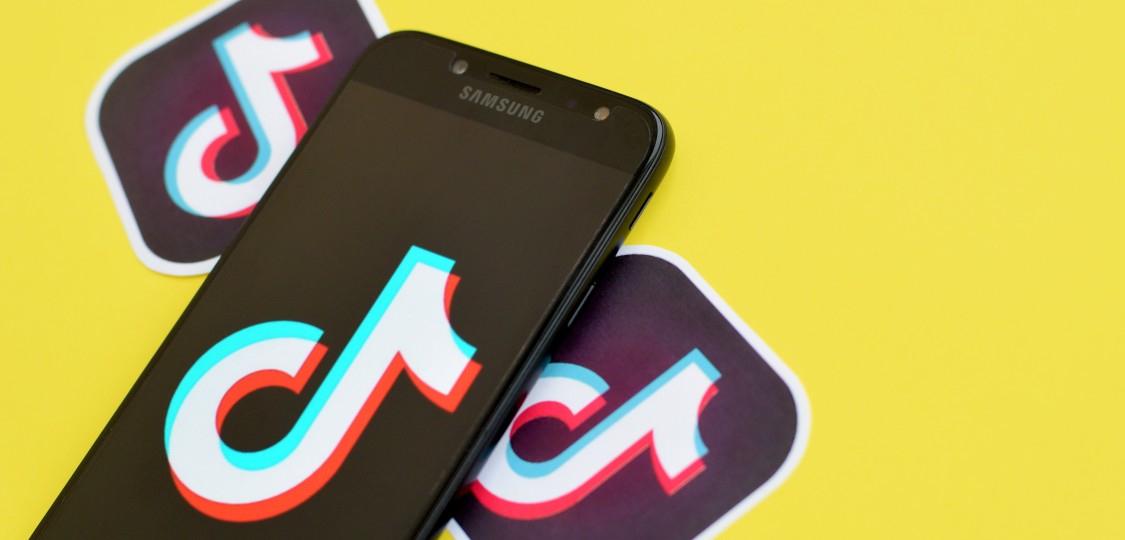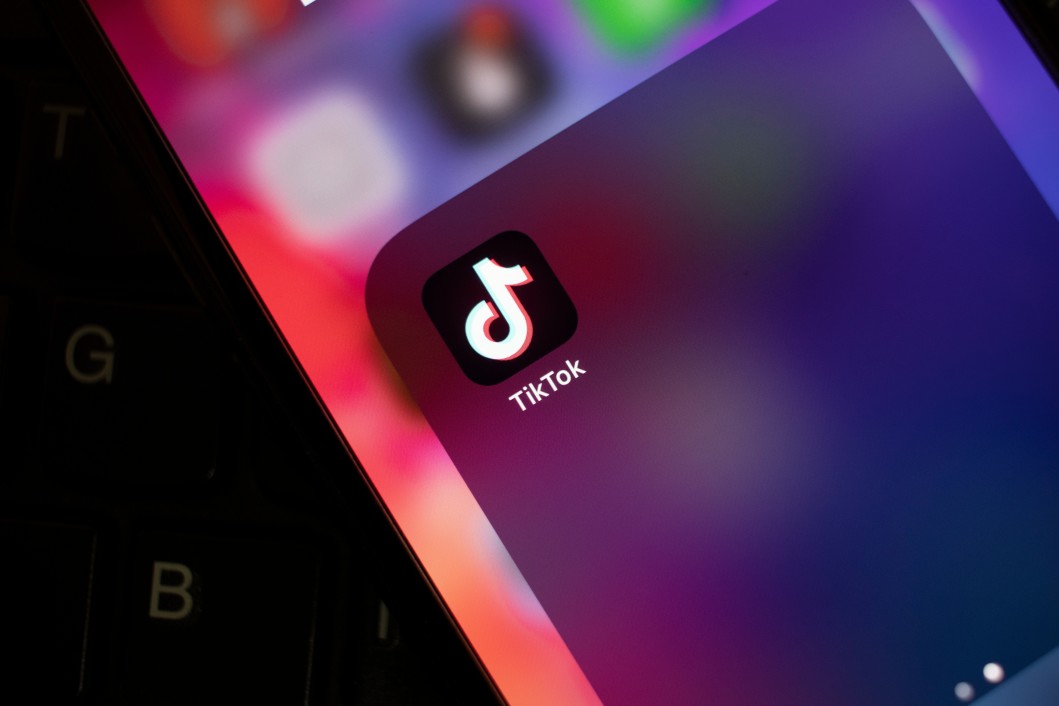Is TikTok Too Controversial for Kids?

TikTok is the world's most famous short video app, with over 2 billion downloads. It's a social media platform where users can post videos of their daily activities and share them publicly. The platform has been compared to Vine, another short-form video app that shut down in 2017. While some parents see Tiktok as a fun way for kids to express themselves creatively, others worry about its adverse effects on children's mental health, cyberbullying risks, and safety concerns related to online predators. This article will examine whether TicTok is too controversial for kids (or anyone) by reviewing both sides of the argument.
TikTok is a fun, creative app that can be used to make a few minutes fly by.
TikTok is a fun, creative app that can be used to make a few minutes fly by. As an app that allows users to create short videos and share them with the world, TikTok provides an opportunity for creativity and expression. It's also an excellent way for people interested in learning new skills or improving their existing ones to practice them. If you're looking for inspiration on how to use this tool, here are some ideas:
-
Try out different musical genres from jazz music (think Miles Davis) to hip hop (think DJ Khaled).
-
Write poetry on any topic of your choice! Many people have written poems about #tiktokselfies because they love taking selfies so much—and why not? It's fun! Here's one example: "I’m just trying my best," said the selfie-taker who had just taken several selfies at once using her mirrorless camera system instead of her phone but then lost track of what she was doing because she got distracted by something else altogether."
-
Do some funny voices while filming yourself talking about how much fun you're having with this new app called TikTok, where you can make hilarious videos without even having any experience doing anything like this before!
The app is free and popular with teens and adults alike.
TikTok is a free, simple-to-use app that allows you to post short videos of yourself lip-syncing, dancing, singing, or even just to talk. You can watch other people’s videos, too. If you want to make your clips, choose a song (or use your voice) and record your performance for up to 15 seconds. The app offers several templates and filters so that even the greenest videographer can look like they know what they’re doing. Once your video is finished, simply add some text and graphics before publishing it online for all the world to see.
However, there are issues with privacy and content that could affect the younger generations.
However, there are issues with privacy and content that could affect the younger generations.
TikTok is a popular app that can be used to make short videos, often with music and effects. The app is free to download, and it’s straightforward for kids (or anyone) to use. However, it has some privacy and content issues, which may make it less suitable for kids under 13 years old unless monitored by parents/caregivers.
Like most apps, TikTok isn't meant for young kids.
Like most apps, TikTok isn't meant for young kids. The app has a large adult user base, and some people say it's too addictive for kids. In addition to inappropriate content (like bullying) and difficulty in regulating what users post, other features make this app less suitable for children:
-
Users aren't verified - This means anyone can create an account on the platform without any validation process. There have been reports of child predators using fake profiles to lure younger users into their networks.
-
Challenges can be controversial - For example, there have been many cases of people accepting challenges or doing things without thinking about the consequences or even just not knowing what they're doing (which is also another reason why we recommend you keep your kids away from Tik Tok). One challenge that got a lot of attention was called "the Tide Pod Challenge," which involved biting into laundry detergent capsules and posting videos online as evidence. This could lead to serious health problems if done incorrectly!
But unlike other social media platforms, TikTok doesn't have filters to keep it child-friendly.
But unlike other social media platforms, TikTok doesn't have filters to keep it child-friendly. It's a social media platform that allows users to create short videos and share them with friends.
But parents need to be careful when letting their kids use TikTok — the app doesn't have any restrictions on content, meaning anything could be posted. And while you might think that this means your child will see nothing but happy music videos or inspirational messages, the reality is much more complicated than that.
Suppose your child has an account on TikTok. In that case, there's no way of knowing what they'll see by simply looking at their profile or viewing their audience list — all you can do is monitor what they're posting and who they're interacting with, as well as set parental controls so that certain features aren't available (like sharing location). But even then, there's still no guarantee of what you'll find if you check out individual videos — which brings us back to our previous point: kids shouldn't be using this app without supervision!
The best way to control what your child sees is to monitor them when they're using it or make sure a parent has an account.
The best way to ensure your child isn't exposed to inappropriate content is to monitor them when they're using it. If you have an account on TikTok, you should use the app with your kids and let them know that you're watching their videos. You can also set up parental controls on some devices or ensure that your child doesn't have an account if they are under 13 years old.
If you don't want to monitor your kid's activity, consider not letting them use TikTok until they turn 16 years old (or older).
It would be best if you were careful to keep your kids safe on all social media platforms, including this one.
It would help if you were careful to keep your kids safe on all social media platforms, including this one.
While it's unlikely that any harm will come to your child while they use TikTok, you still want them to know how important it is to stay safe when they're online. That includes not sharing their personal information with strangers and keeping their profile locked down so only friends can see what they post.
Suppose you have a younger child who has access to a smartphone or tablet. In that case, I recommend talking with them about what content they should share online and making sure they understand the dangers of being oversharing or posting things without thinking first. You should also set up parental controls for whatever devices your kids are using so you can monitor their activity for suspicious behavior (like following strangers).
Conclusion
So what’s the verdict? TikTok is a social media app whose platform has been used for bullying and exposing kids to adult content. But it’s also a way to express creativity, interact with your friends, and learn new things. Like any other app or piece of technology, its potential benefits should be weighed against its risks; as long as you monitor your kid’s use of the platform and communicate with them about their experience, they can learn.



